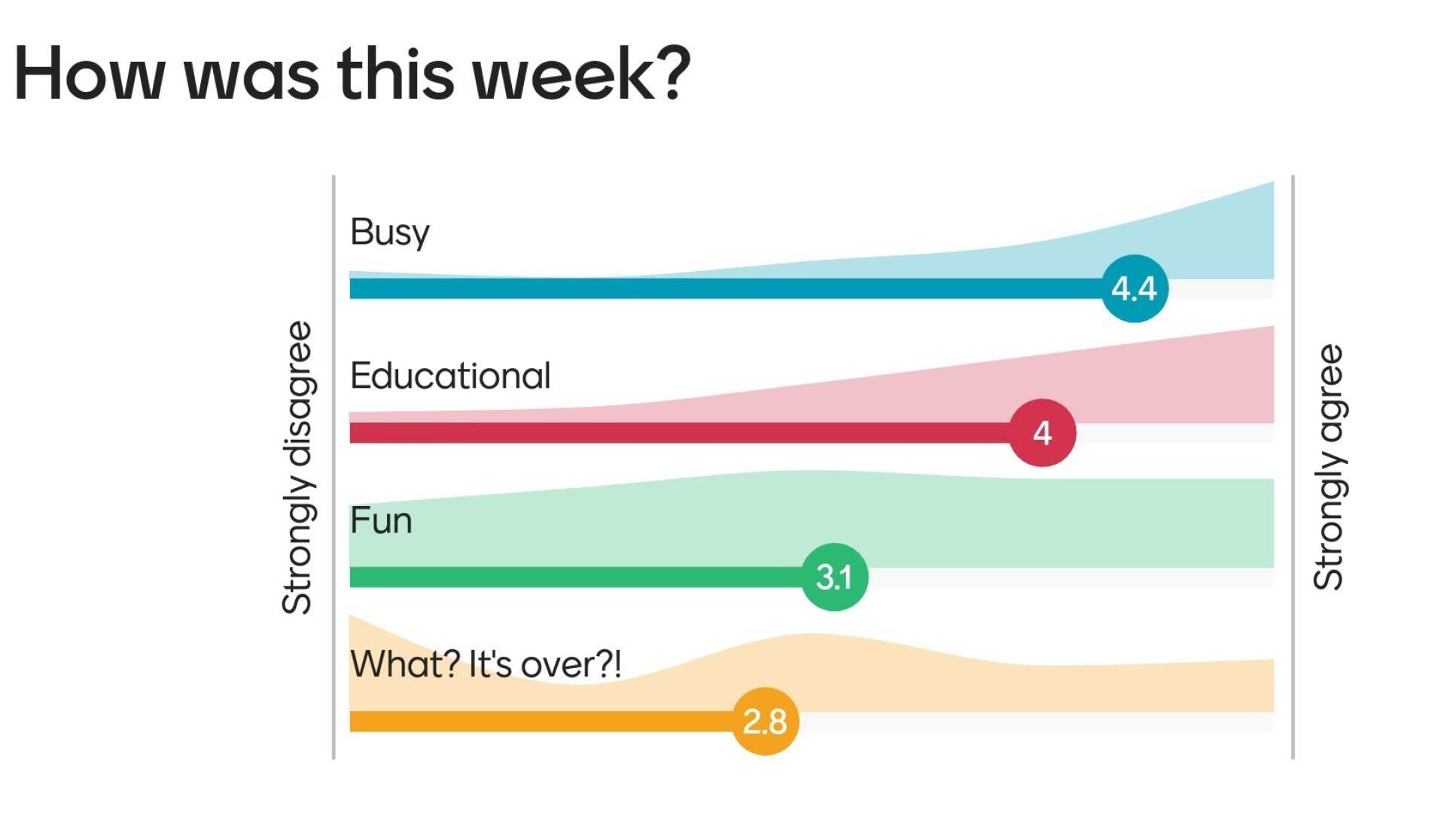Microsoft rewards ACSE students for winning machine learning projects

Microsoft awarded winning students after finishing their ambitious one-week long Machine Learning group project.
On 22 May, four teams comprising a total of 22 students were awarded prizes by Microsoft. The students had just finished their competitive one-week long group project, the culmination of the Applied Computational Science and Engineering (ACSE) MSc’s machine learning module.
Over 60 students attended the Machine Learning Wrap Up session, to feedback on the module and project, and to celebrate the four teams who found the best solution for the Machine Learning task associated with the project.
Dr Lukas Mosser, alumnus of Imperial College London, and Navjot Kukreja, Research Assistant in the Department, led the module with Professor Olivier Dubrule. Professor Gareth Collins raised a glass to the module leaders and to the students for their hard work.
The identification game
The ACSE students had completed a machine learning mini-project in teams of five or six people called the 'Identification Game', in memory of the classic paper of the British scientist Alan Turing, recognised by many as the founder of Artificial Intelligence.

The students were given a set of 100,000 images that were subdivided in 200 different groups, each group associated with the representation of a given object such as a bus or a dog.
Deborah Pelacani Cruz, a PhD student and ACSE alumnus who assisted in the delivery of the course, explained: “The students' objective was to train a ‘Convolutional Neural Network’, or CNN, to extract patterns and classify a set of natural images. The CNN was trained using 100,000 images and then evaluated over an unseen test dataset of 10,000 images." The team with the highest number of correct classifications on the test dataset was declared the winner.
Mingrui Zhang, another ACSE alumnus continuing his PhD studies at Imperial, showed examples of images that the students had to classify. There were some pictures that all teams found quite difficult to accurately identify.
Various training methods can be applied with CNN to identify images – such as training a network from scratch, or adapting a subset of parameters of an existing CNN, an approach called 'transfer learning’. Dr Lukas Mosser highlighted the benefit the teams had using transfer learning in this example.
Working collaboratively
The success of the teams was made more remarkable by the fact that this was the first time the student teams worked collaboratively online and were distributed globally across multiple time zones. At the end of the week all 12 teams, including Team "Gauss", Team "Bernoulli", and others reported their results in a series of lightning talks over Microsoft Teams. They fed back on their experiences with remote group work, across time-zones, and challenges they faced.
Some teams found it beneficial being in different time zones, meaning they were effectively working around the clock. This gave them a fantastic experience of the way many industrial development projects are now run in technology companies, with teams spread across the whole world.
Dr Gerard Gorman, Director of ACSE, praised the students' progress, remarking, "Students are trained from week one of ACSE to work collaboratively on complex problems and prepare them for the global digital economy. Despite the tough circumstances caused by COVID-19, our students knocked this out of the park!"
Rapid-fire feedback on Mentimeter, shown on a shared screen, displayed in a fun way the students’ thoughts on the mini project.

Microsoft prize
To close out the session, the mini-projects, and the module, Lee Stott, Principal Program Manager, Data Science, Microsoft Academic Ecosystem, presented each member of the four winning teams with a prize including $100 of Credit for using the Microsoft Azure cloud and an opportunity to feature in a Microsoft blog post.
Article text (excluding photos or graphics) © Imperial College London.
Photos and graphics subject to third party copyright used with permission or © Imperial College London.
Reporter
Victoria Murphy
Institute of Global Health Innovation